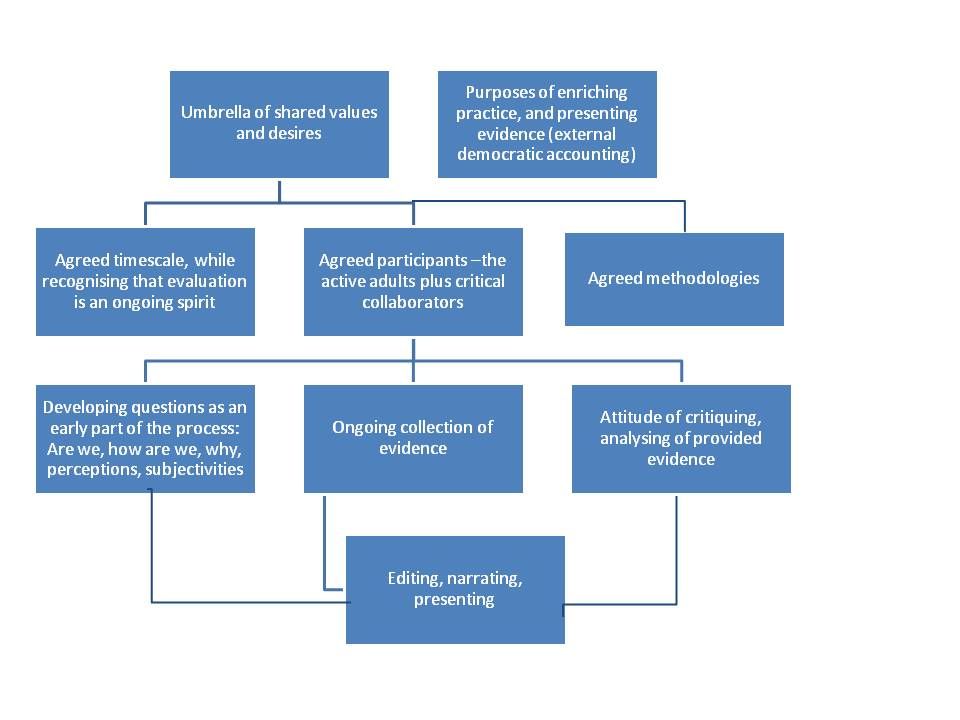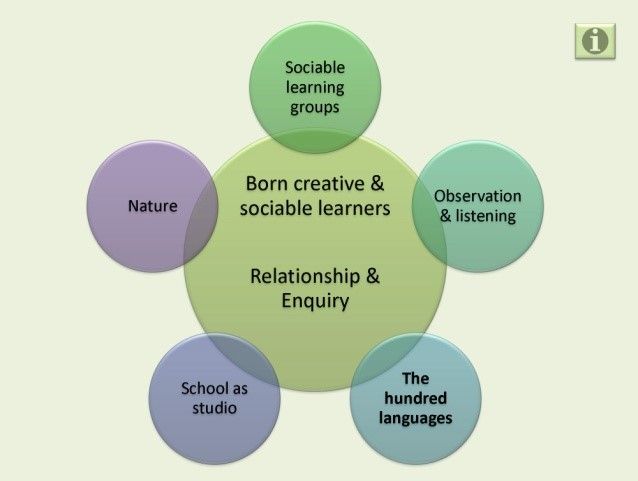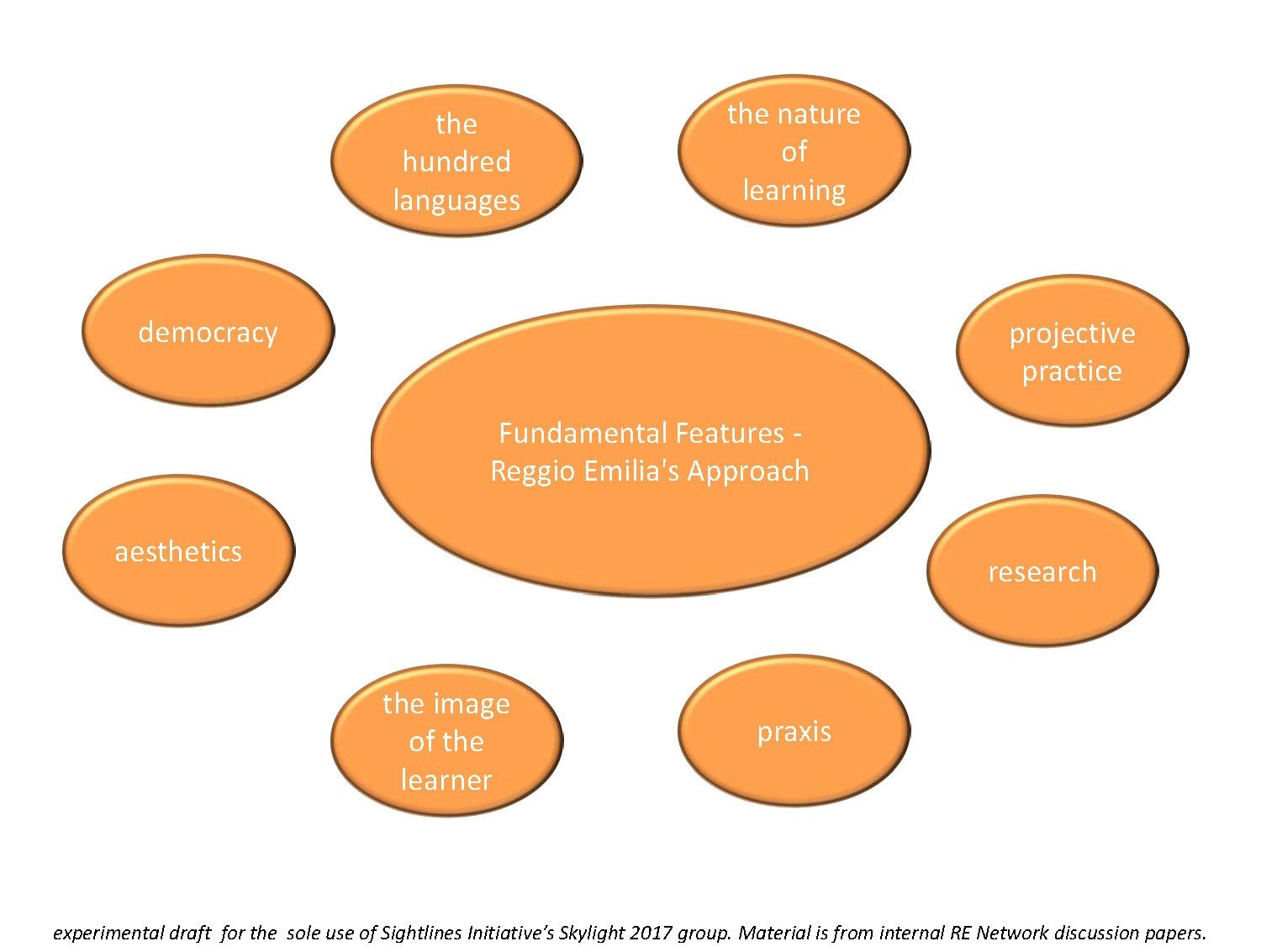Languages of Evaluation

Network Proposal: Languages of Evaluation, Actions of Re-cognition
(Download link : project invitation paper)
Education is in an era of intense external scrutiny, a scrutiny typically motivated and seen from eyes with interests other than that of education – ‘global competitiveness’, party-political positioning, social engineering, etc – and it is done almost exclusively using testing and scoring indexes from these positions. The contests between ‘policy’ and education’ are particularly intense at the moment, but it is an ongoing dissonance. The situation is likely to continue so long as ‘education policy’ remains in the increasingly autocratic hands of those with other interests, isolated from educational science. Chris Merrick's article on the Bold Beginnings controversy, and Peter Moss' position piece which she references, are strong representations of the issue. There are many other voices being raised in contest. An enormous amount of energy and intelligence is being devoted to promote and defend basic understandings and principles of education.
Promote, Defend, Illustrate, Evolve
Whilst actively participating in promotion and defence, it is urgent to develop our own evaluative practice. We need to understand, illustrate, evolve. And it is not possible to use languages and tools of evaluation foisted on us by mindsets and interests coming out of the realms of economic interest (PISA, baby PISA, Heckman - see quote, etc. At the very least, these external ‘measuring initiatives’ do not contribute anything useful to enriching pedagogy or children’s experiences; at their worst, we find education reduced to ‘teaching to the test.’
 We therefore intend to begin research and development of an evaluative process which, first and foremost, will help us in our own understandings of our practice in relation to our stated principles. Secondly, this process will enhance our capacity to articulate our pedagogy and its effectiveness to the inevitable other eyes and ears.
We therefore intend to begin research and development of an evaluative process which, first and foremost, will help us in our own understandings of our practice in relation to our stated principles. Secondly, this process will enhance our capacity to articulate our pedagogy and its effectiveness to the inevitable other eyes and ears.
This invitation is to participants in Sightlines Initiative’s Network (and we’ll also welcome the evolution of parallel/interlinked work by others of the national network members of the Reggio International Network.) It will build from the reference points of Sightlines Initiative principles, and those of the schools of Reggio Emilia. We are envisaging cycles of evaluation lasting 3 – 6 months, with particular foci on particular aspects of practice and on particular learning groups.
 We realise that we can’t evaluate ‘everything’ about our identified characteristics, or those with which we identify, with equal intensity.
We realise that we can’t evaluate ‘everything’ about our identified characteristics, or those with which we identify, with equal intensity.
However, to use the analogy of the necklace, if we pick up a particular gem, then the rest follow along; we do expect that ‘everything’ will come into the lens of consideration during the process.
Participation & Processes
Sightlines Initiative Directors Sightlines Initiative Network Member settings academics
We plan that this initiative will have various contributors. Sightlines will provide oversight, and we hope that Prof. Gunilla Dahlberg of Stockholm will join SI Member Prof Peter Moss in contributing from an academic perspective. We anticipate that some participation will be via regional Network steering groups.
We will invite and establish participation of settings and we will engage on a research cycle over a (probably) two-term period. The establishment process will include defining who will work alongside the active educators in providing external comment, steering, questioning. These critical collaborators will equally be familiar and engaged in shared principles, but have a working distance from the lived experiences. We intend that in this way they will be freer to attend to the threads and significances underlying the educational processes of educators and children, and the generated material.
The self-analytical processes, once the key foci and research questions are elicited, will encourage the opportunities of different points of view, of non-fixed knowledge (uncertainty), and of robust encounter with the rich differing points of view (confronto.)
The ‘expressive phase’ is highly important and will have its own complexities. What have we learnt? How shall we show this, for ourselves, parents, children, outside eyes? Here is where we encounter the public responsibility of education., demonstrating the learning and strengths of children, and the pathways and characteristics of our pedagogy. Here is where we will meet and address the ‘accounting eyes’ of those who will continue to want to ‘measure’ the achievements of children, educators and education.
Currently we have about six centres in the network wanting to participate, and this will make a great learning group. We are absolutely open to new expressions of interest, so do get in touch. We are currently setting some 'good questions' for first exchanges and lines of enquiry.
Below are two slidesets from our October 2020 online seminar introducing the topic, and some further references:
Professor Peter Moss: Languages of Evaluation
Louise Lowings: Making the Parts Whole
References:
Robert Chambers: ‘Can we know better?’ (pdf version of book referenced by Peter Moss)

